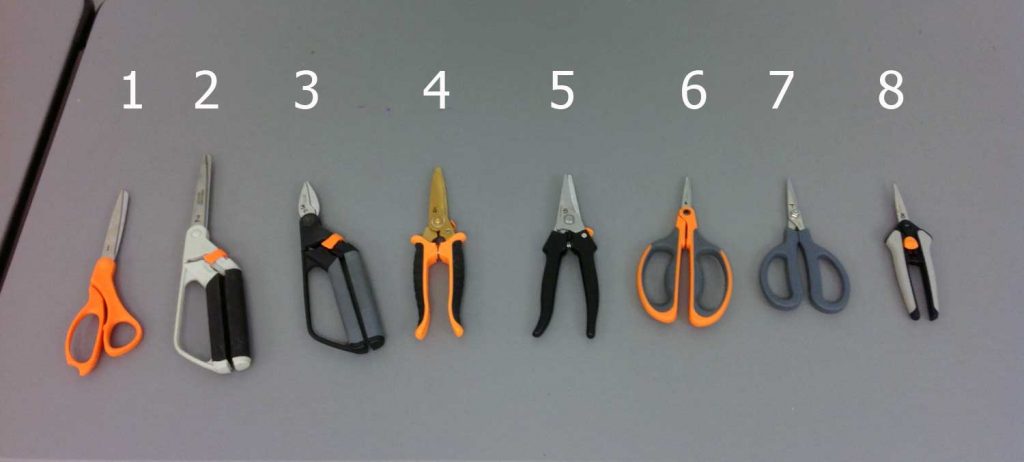
One of the things that I come across a lot is how many different uses we can get from razor blades and survival knives in the field. However, I also started to realize that many of these tasks can be accomplished faster and easier with a good pair of scissors instead. Yet scissors are often left out of our survival kits, bug out bags and emergency supplies. Let’s look at a few ways in which scissors can help to make life easier for us in the field, and hopefully they will inspire you to pack a good pair away before you forget again.
Cutting Hair
We usually don’t think of haircuts or shaving when we contemplate life during a prolonged-crisis, but these will become necessary at one point or another. Perhaps hair gets too-long, gets in the way or causes our heads to get hot. Maybe beards will itch, become difficult to manage or get infested with fungi or sores develop beneath the hair. No matter what will come up, using scissors to cut and trim hair is by far easier and faster than trying to improvise a knife or blade.
Cutting Fabric
While a good razor blade or survival knife can be used to cut through all kinds of fabrics, and even some thin plastic sheets, but they may not be the best, first-choice to consider. It’s a lot harder than it looks to gouge our way through canvas, denim and other durable fabrics with anything other than scissors. It also takes longer and leaves us with cuts that are less-than-clean. Scissors solve this problem, and you’ll be amazed at how quickly things can be trimmed if you have a pair on hand.
Trimming
There are innumerable tasks involving trimming that can be accomplished with ease with a good pair of scissors. Not only do the blades cut through material easier than knives or razors, but they also don’t require us to pull them taut while we cut at the same time. Imagine having to suture a wound, but you don’t have scissors on-hand to cut the thread. You’ll need to pull on the sutures and hold it in place while you’re trying to saw through the material, and this can damage the wound and cause the patient pain in the process. The same could be said for things like sewing or cutting strips of paper as well.
We can go on and on about the usefulness of scissors in survival situations, but you probably get the point. The important thing is to choose a good pair that can withstand a lot of abuse and exposure to the elements so they don’t fail at the worst possible time. One of the best things to get is a good pair of surgical scissors that are designed for use in the field, and they are also easy to maintain and sharpen over the course of time as well.
Scissors are a good example of simple, ordinary items that we tend to overlook when thinking about what to pack away for emergencies. While there’s nothing wrong with learning how to use knifes or razor blades as alternatives, they should be viewed as a last resort instead of our first choice. The more we pack away everyday items will help us to avoid having to go to creative and extreme measures just to accomplish run-of-the-mill tasks.
Think of other items that usually get left off of emergency supply checklists, and share some tips with the rest of us so we can be as prepared as possible.
